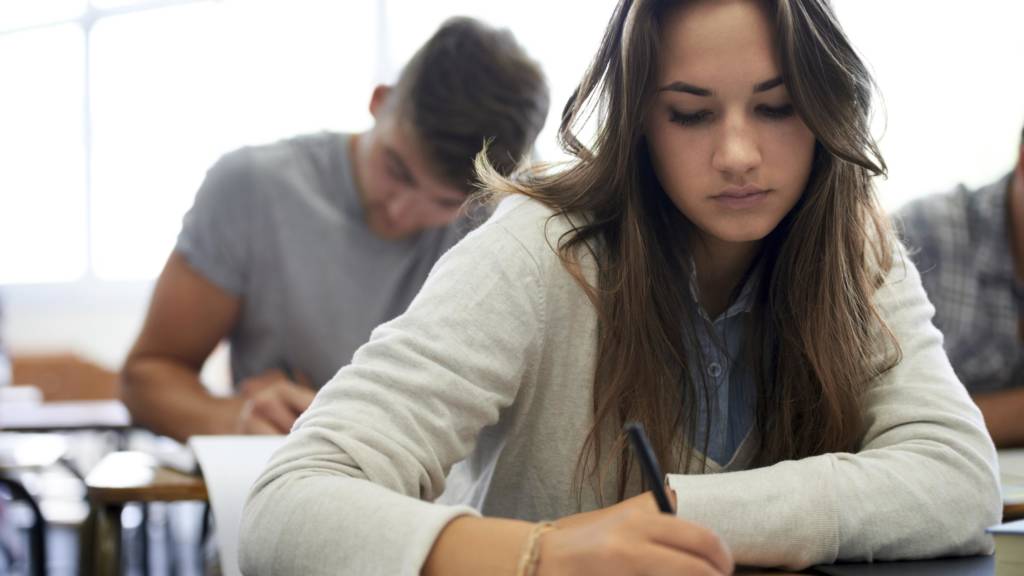High school finals may not be the same as college exams, but they do provide an excellent opportunity to practice the study skills you’ll need to succeed in college.
If you start implementing college-level study strategies now, you can be better prepared for the academic challenges you will meet as a college student. Below are several tried-and-true college exam study habits you can — and should — start practicing now to make your transition from high school as smooth as possible.
Start Early
In high school, did you ever cram for a test right before class or start studying only the night before? That’s not going to work once you get to college. College exams typically cover several weeks’ or even months’ worth of material at a time, making it very difficult to review and retain everything in a single night, let alone the morning before the test is scheduled.
Now’s the perfect time to break the habit of putting off your studying or cramming at the last minute. Train yourself to start early and spread your studying over days or weeks, depending on the amount of material being tested. With the extra time, you’ll be able to concentrate on areas you need to work on and give yourself the opportunity to improve. You might even find a tutor or schedule a meeting time with your teacher if you’re stuck. Working ahead will help you earn the grade you want — in high school and college.
Find and Use Study Tools
In college, your professors won’t walk you through how to study. It will be up to you to figure out what works best. Get a head start by seeking out strategies and tools and trying them now. Look online for flash-card tools, study apps and practice tests. There’s something available for every type of learner. You can also experiment with more traditional study methods, like writing out flash cards by hand or rewriting your notes to help the information sink in. The important thing is to find and use what will help you learn and retain the material best.
Form a Study Group
Like most things in college, studying can be a social activity. While there might be a downside to socializing while doing schoolwork — like getting distracted and wasting time — with the right attitude and focus, a study group can be very beneficial. You can divide work among the team, help one another understand the material and bolster anyone who needs some emotional support. To reap the rewards of group work, though, you should be aware of your limits and figure out what’s helpful to you. Test out a few virtual or in-person study groups for your finals, using the experience to learn not just the test material but also what about a study group works for you and what doesn’t.
Ask Questions
If you don’t understand something in class, raise your hand and ask a question. And yes, classwork does count as studying for a final. Engaging in class, both with your teacher and your fellow students, will help you grasp the subject matter and perform better on the test. While admitting you’re unsure about a concept in front of an entire class can feel uncomfortable, chances are you’re not the only one who’s confused. You could be helping your classmates — while also helping your teacher cover the material more effectively.
If you’re still having difficulty, ask your teacher for help after class. This will be good practice for going to office hours in college. Most professors reserve time every week to be available to meet with students and answer their questions. But, you need to be proactive about asking for help and comfortable talking to your professor to get the most out of office hours. Talking aloud both in class and in private to your teacher while you’re in high school will go far in helping you feel prepared.
Using these tactics now will give you the practice you need for college and the chance to learn what works for you. You’ll be better prepared for your high school finals, and when it’s time to take your first set of college exams, you’ll have road-tested strategies you can depend on.




